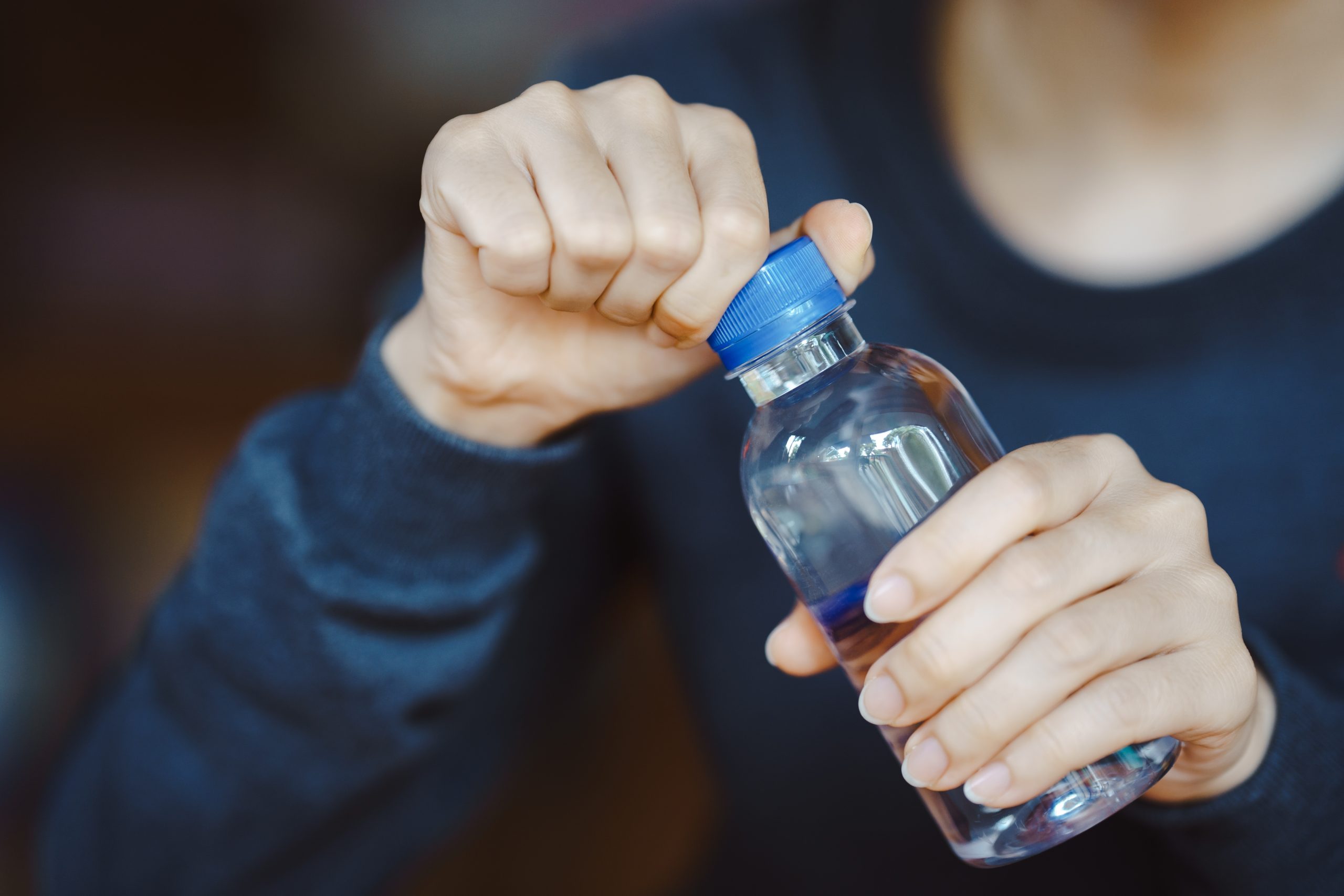As we age, staying hydrated becomes increasingly important for maintaining good health. Proper hydration plays a key role in regulating body temperature, keeping joints lubricated, supporting digestion, and promoting healthy skin. However, as we get older, our body’s ability to conserve water diminishes, and our sense of thirst becomes less reliable. This can make it harder to maintain adequate hydration levels, leading to potential health problems. Here’s a guide to why hydration matters as you age, along with tips, tricks, and insights to help you stay hydrated.
1. Why Hydration is Crucial for Aging Adults
As we age, our body undergoes several changes that increase the need for hydration. One major factor is the decline in kidney function, which makes it harder for the body to conserve water. Additionally, older adults often experience a reduced sense of thirst, meaning they may not feel thirsty until they’re already dehydrated.
Insight: Dehydration can lead to a variety of health issues, including headaches, dizziness, constipation, urinary tract infections, and even cognitive impairment. It can also exacerbate chronic conditions like heart disease or diabetes, making hydration essential for overall well-being.
Tip: Make hydration a habit rather than relying solely on your sense of thirst. Aim to drink small amounts of water consistently throughout the day, even if you don’t feel thirsty.
2. Recognize the Signs of Dehydration
Dehydration can often be subtle, especially in older adults. Some common signs include dry mouth, fatigue, dark-colored urine, dizziness, and muscle cramps. Severe dehydration can lead to more serious issues such as confusion, rapid heart rate, or fainting.
Trick: Pay attention to the color of your urine. Clear or pale yellow urine typically indicates you’re well-hydrated, while darker urine is a sign that you need to drink more fluids.
Tip: Keep an eye out for other less obvious symptoms of dehydration, like dry skin or chapped lips, and take action by drinking water regularly throughout the day.
3. Incorporate Hydration into Your Daily Routine
Staying hydrated doesn’t have to feel like a chore. By incorporating hydration into your daily routine, you can make it a natural part of your lifestyle.
Tip: Carry a reusable water bottle with you at all times. This makes it easy to sip water throughout the day, whether you’re at home or on the go. Setting reminders on your phone or using a water-tracking app can also help you stay on track with your water intake.
Trick: Start your day with a glass of water. Drinking a glass of water first thing in the morning helps rehydrate your body after a night of sleep and sets a positive tone for the rest of the day.
4. Eat Water-Rich Foods
You don’t have to rely solely on water to stay hydrated. Many fruits and vegetables have high water content, which can help you meet your hydration needs while also providing essential nutrients.
Tip: Incorporate water-rich foods into your diet, such as cucumbers, watermelon, oranges, strawberries, and leafy greens like spinach. Soups, smoothies, and herbal teas are also great ways to boost hydration.
Insight: By including these hydrating foods, you can help increase your fluid intake without having to constantly remind yourself to drink water.
5. Adjust for Health Conditions and Medications
Certain medical conditions and medications can increase your risk of dehydration. For instance, diuretics (water pills), which are often prescribed for high blood pressure, can cause your body to lose more water. Similarly, conditions like diabetes can also affect your body’s ability to retain fluids.
Tip: If you’re on medication that affects your hydration levels, consult with your doctor to determine how much water you should be drinking daily. You may need to increase your intake to compensate for fluid loss caused by medication.
Trick: Set specific goals based on your unique health situation. For example, if your medication makes you prone to dehydration, plan to drink a glass of water before meals and take sips between medications.
6. Combat Dry Indoor Air
Indoor environments, especially those with heating or air conditioning, can be particularly drying, which can lead to dehydration over time. This is especially relevant in colder months when the air inside tends to be drier.
Insight: Dry air can sap moisture from your skin and body, leading to dehydration without you even realizing it.
Tip: Use a humidifier in your home to add moisture to the air, especially in the bedroom where you spend long periods of time. Keeping the air hydrated can help prevent excessive water loss from your body.
